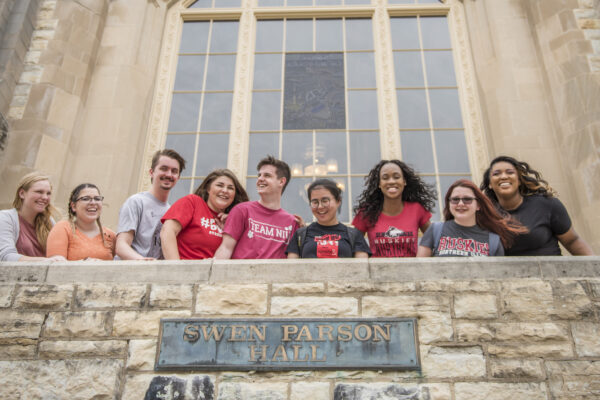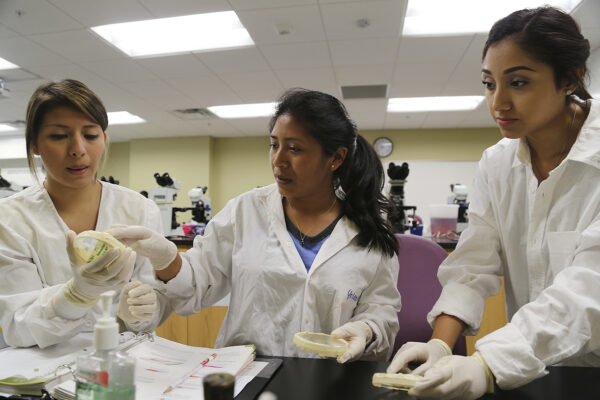Time and Money: Why Students Take a Break
Title: Stopping Out: It’s Not About Academics
Authors: Lana Munip
Source: Council for Adult and Experiential Learning
An ongoing issue within the United States higher education ecosystem is how to reengage the some college, no degree population of students and support their degree attainment. A 2023 report from the National Student Clearinghouse revealed that this population has increased by 3.6 percent in one year alone, up to 40.4 million students, with 52 percent of these individuals being 25 years or older.
A recent study by the Council for Adult and Experiential Learning (CAEL) looked into why adult students stop attending college. They found that most students don’t stop because of bad grades. Instead, the main reasons were lack of time, health problems, and financial difficulties. This suggests that colleges and universities need to find ways to better support working adults who are juggling school with other responsibilities.
Key takeaways from the CAEL report include:
- Work, health, and family needs are top factors: Work, health care reasons, and time commitments were the top three reasons students reported for stopping out. One-fourth of all respondents indicated they paused their studies because they wanted to focus more on work or increase their hours worked.
- Academic issues are the least common reasons for pausing: Of the 17 different reasons students reported, those regarding academics were the least mentioned. Only 19 percent of students cited an academic reason for stopping out.
- Financial issues are prevalent: More than 20 percent of all respondents indicated a money-related reason for having to stop their degree. These included other unexpected living expenses occurring (14 percent), running out of savings (14 percent), scholarships not coming through in time (11 percent), and scholarships being cancelled (10 percent).
- Men and parenting students are more likely to pause: Over half (56 percent) of male respondents reported they had paused enrollment, compared to 44 percent of female respondents. More than half (55 percent) of respondents with one or more children had stopped out, compared to 44 percent of adults with no kids.
Many of today’s degree-seeking students are adult learners that are all in different life circumstances. This new report from CAEL reveals that their reasons for pausing degree attainment vary but are mostly not about academic performance. Employers, students, and institutions of higher education should work together to discuss how institutions can better support adult learners and provide flexibility and affordability when life circumstances emerge.
To read the full report from CAEL, click here.
—Austin Freeman
If you have any questions or comments about this blog post, please contact us.


